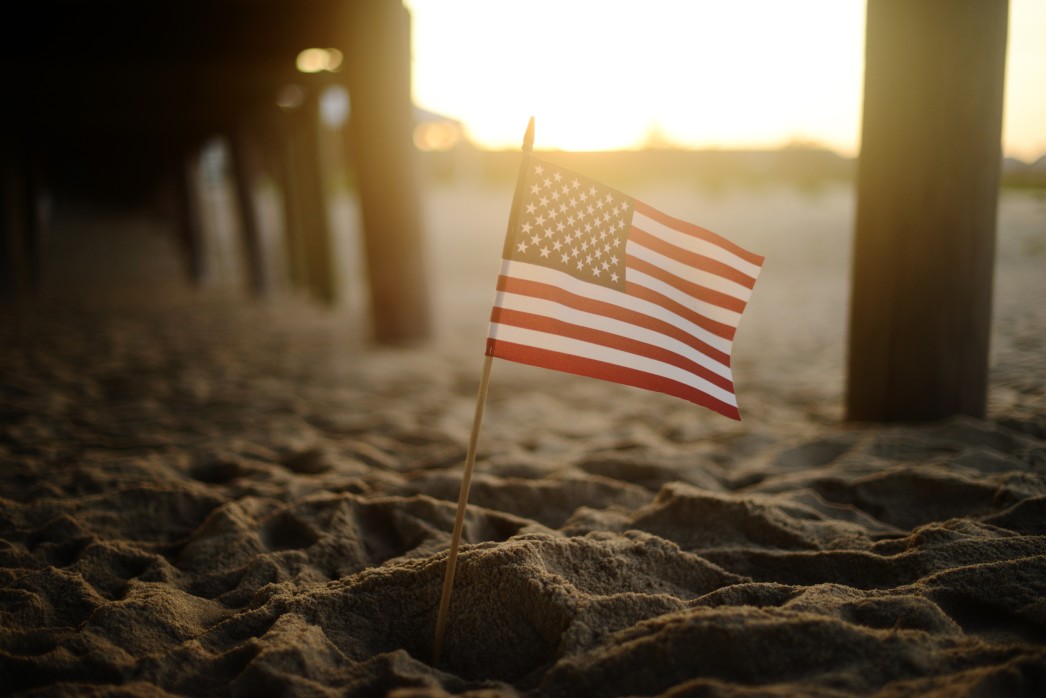Winston Churchill once said, “Some see private enterprise as a predatory target to be shot, others as a cow to be milked, but few are those who see it as a sturdy horse pulling the wagon.” Do young Americans believe entrepreneurship is a target, cow or horse?
My experience tells me we’re more apt to label entrepreneurship a cow or target. Indifference is common, as if commerce exists almost as a nonfactor for the poor. Scorn is the most-vocal response to free markets. We conjure distasteful images when considering concepts like multinational corporations, factories and globalization. Among the images I summon are sweatshops, the 1%, boycotts, Big Business, child labor and executive caricatures like Mr. Burns.
It’s true: Free markets are not perfect. And we don’t have to look far to know economic prosperity alone does not prosper. Notorious B.I.G., summarized what we all know to be true: “Mo’ money, mo’ problems.”
But the verdict is in. Churchill was right: Private enterprise is our sturdy horse, and nobody knows this better than the poor. By overwhelming margins, free markets and private enterprise have enabled more people to escape poverty than any system in the history of the world.
Yale University and The Brookings Institution released a staggering study to join the chorus of research validating this claim: In 1981, 52% of the world’s population was unable to provide for their basic needs like housing and food, living below the “extreme poverty line.” By the end of 2011, just 30 years later, that percentage plummeted to 15%.
Yale and Brookings state the chief reasons for the unprecedented drop are “the rise of globalization, the spread of capitalism and the improving quality of economic governance.” This is the “potent combination” behind the plunging poverty levels.
It doesn’t mean the 85% of us above this line are living large—attending college, taking vacations and the like—but it does mean we won’t die from inexcusable and preventable causes like starvation and diarrhea. It makes me wonder: How can we respond to this with indifference or scorn? Why aren’t we shouting this from the rooftops?
The stereotypes about business remain difficult to shake. They cloud the profound business-fighting-poverty story unfolding across the world. But, folks like Bono—a converted critic of the free markets—are shining a new light on entrepreneurship. They help to position entrepreneurs in the right light: They are poverty’s greatest foe.
Joining Bono in telling this redemptive story is a fresh crop of innovative companies. Shoemakers like Nisolo, headquartered in Peru. Home furnishing companies like Chaka, based in Ecuador. And even a wooden toy maker—Tegu—founded in Honduras. In 2010, brothers Will and Chris Haughey created Tegu after realizing the power business holds to create social impact.
Tegu now employs more than one hundred Hondurans and provides beautiful, handcrafted toys for imaginative toddlers across the world (including my toddler). For more people living in poverty to experience dignity and purpose, we need to tell the stories of companies like Tegu. They’re pushing back darkness, and creating opportunities for thousands, in places like Peru, Ecuador and Honduras.
Listen to their story:



